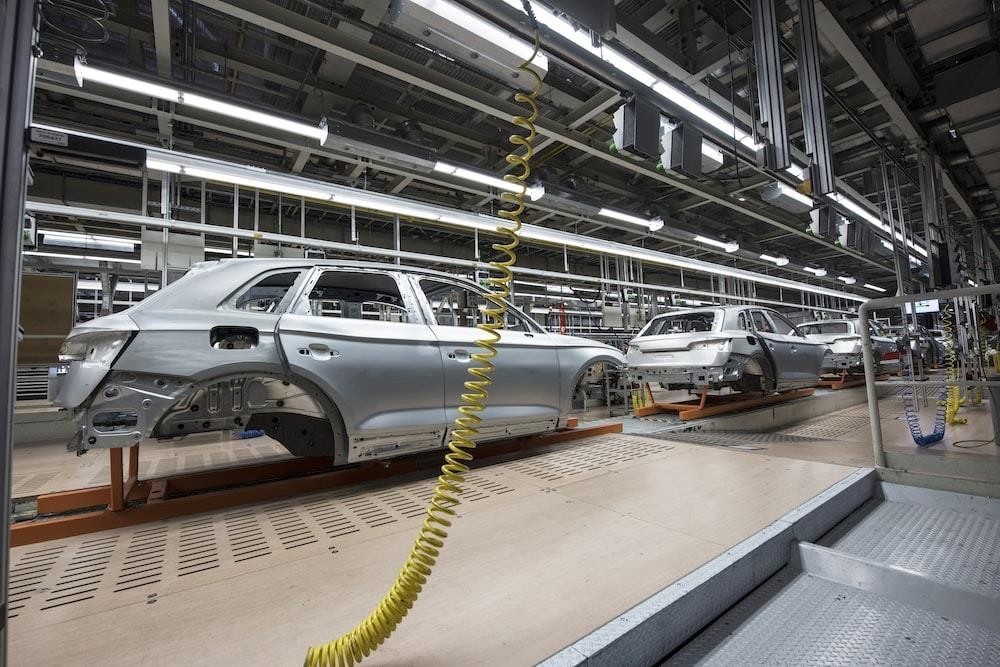The current scenario within India’s manufacturing sector parallels the monumental advent of the Internet. Historically, domestic demand has been the primary driver of manufacturing, with limited competition from foreign counterparts. Nevertheless, in this age of globalization and a shrinking world, embracing global best practices has become imperative. Despite India and countries like China benefiting from low labour costs and consistent domestic demand due to their vast markets, the convergence of digitization and smart manufacturing technologies is levelling the playing field.
Having witnessed the evolution through three waves of industrialization — commencing with the development of the steam engine in the 1760s-1840s, followed by the advent of electricity in the 1870s-1914, and the subsequent revolution in the 1960s-1990s fueled by electronics, computers, and information technology — we now stand on the brink of the fourth industrial revolution, known as Industry 4.0. This era is characterized by the fusion of digital technologies, the Internet of Things (IoT), automation, and artificial intelligence, establishing intelligent, interconnected manufacturing systems. The crucial question at hand is whether India is poised to capitalize on Industry 4.0 or potentially find itself at a disadvantage.
A recent visit to one of India’s largest automotive manufacturing companies provided an upfront view of the organization’s commitment to efficiency enhancement and its willingness to embrace cutting-edge technologies to excel not only within the country but also on a global scale. Moreover, their ambitious integration of 5G mobile technology to implement innovative use cases like drone-based inspections and computer vision-assisted quality defect detection underscores their dedication to efficiency improvements. This spirit of embracing innovation is likely to resonate across numerous industries spanning diverse sectors.
What further accelerates this transformative shift in the manufacturing sector is the advent of Private 5G. This presents an opportunity for enterprises to modernize their existing wired infrastructure, enhancing agility. Machine manufacturers are facilitating this transition by offering industrial-grade robots, Automated Guided Vehicles (AGVs), and machines with wireless connectivity to share operational metrics and enable remote management through Digital Twins. A prevalent adage in contemporary times is to securely connect everything that can be connected. Additionally, enterprises are adopting public and private cloud deployment models to collaboratively run specific applications.
However, amidst these advancements, an unaddressed gap persists, one that extends beyond high-speed internet technology. Can networks offer services beyond mere connectivity, and are industrial applications content with a lack of personalized treatment from the network? The augmented bandwidth and advanced connectivity features come at a considerable cost, potentially impeding the swift adoption of digital technologies. One potential solution could be a platform designed to bridge the gap, translating application requirements into network requests using programmability through Application Programmable Interfaces (APIs) in 5G. In a manufacturing environment, each end device necessitates a unique network condition (bandwidth, latency, and jitter) for optimal operation. This can be referred to as the intent of the application or the user managing the application, which is then communicated back to the network using standardized protocols. This approach empowers industrial organizations to manage their digitization costs and maximize ROI from their future investments.
In conclusion, the current juncture in India’s manufacturing narrative mirrors the transformative impact of the Internet’s introduction. The crossroads of Industry 4.0 offer both opportunities and challenges, and it is our proactive approach to technology adoption and innovation that will determine whether India emerges as a frontrunner in this new era of manufacturing or faces challenges in keeping up with the global evolution.
Just as India’s manufacturing industry is poised for a transformation, ADriN, our advanced network-aware platform, is ready to empower your organization’s digital journey. Discover how ADriN can help you leverage the potential of Industry 4.0.
[CTA: Explore ADriN]






